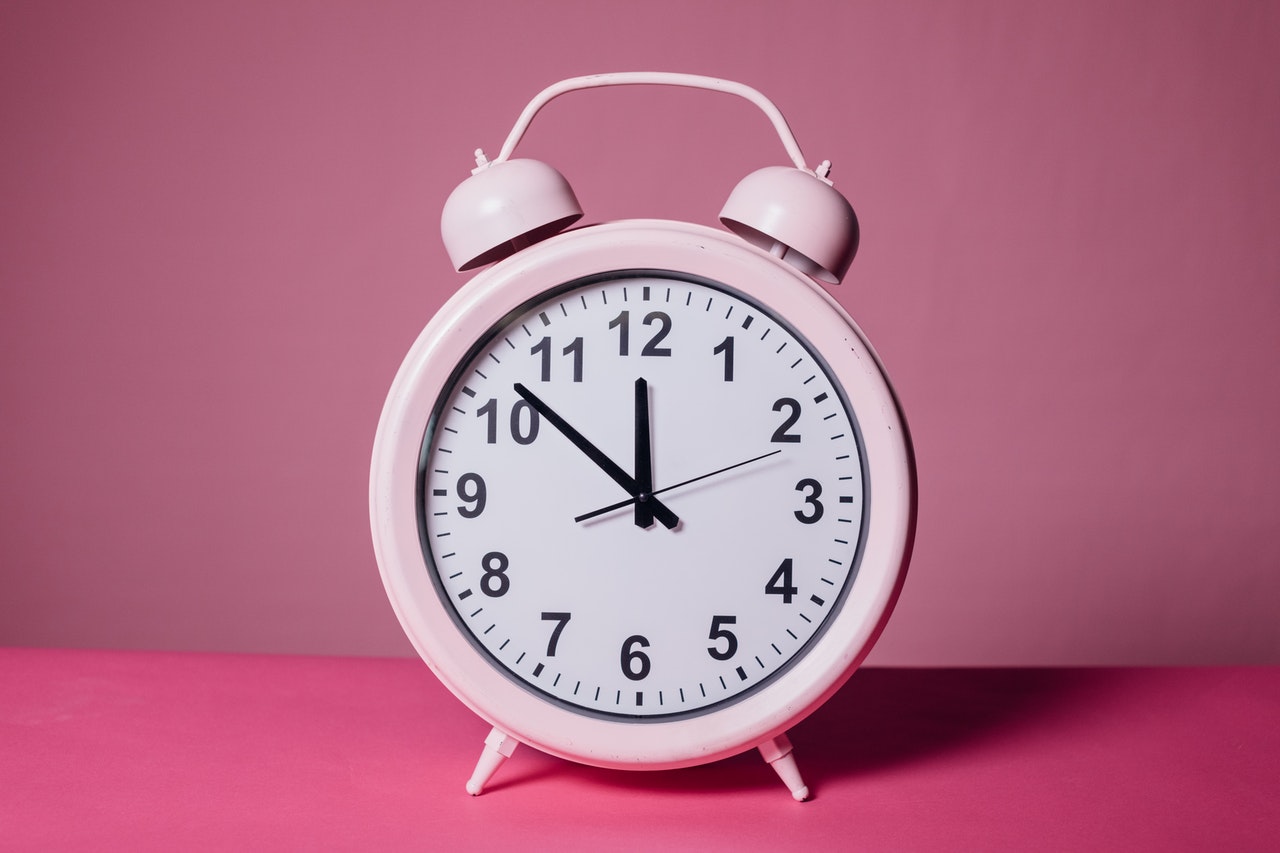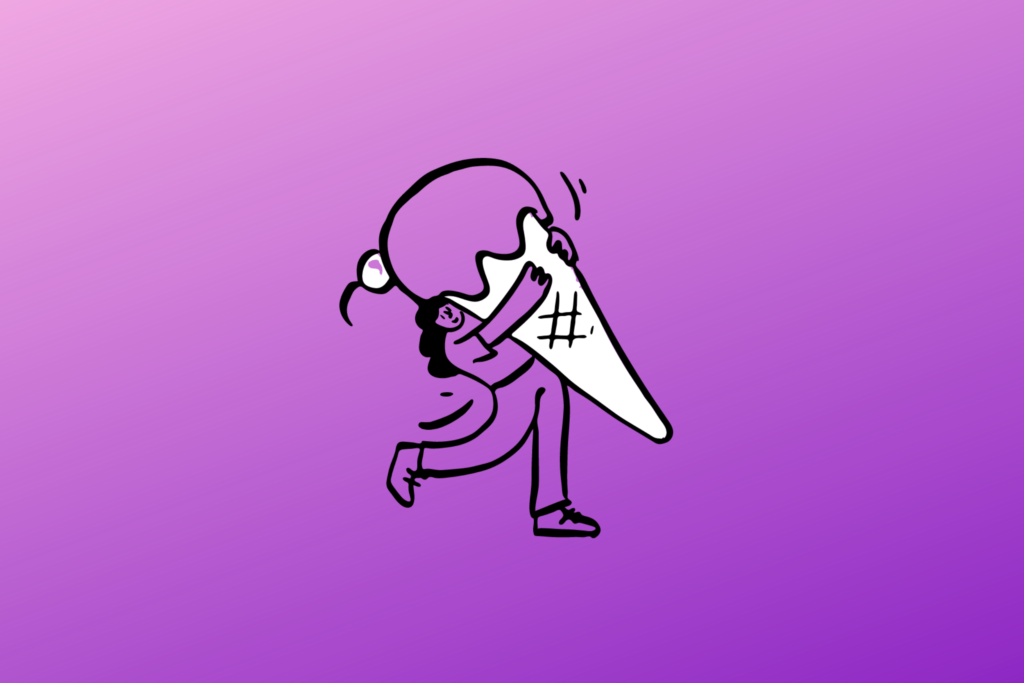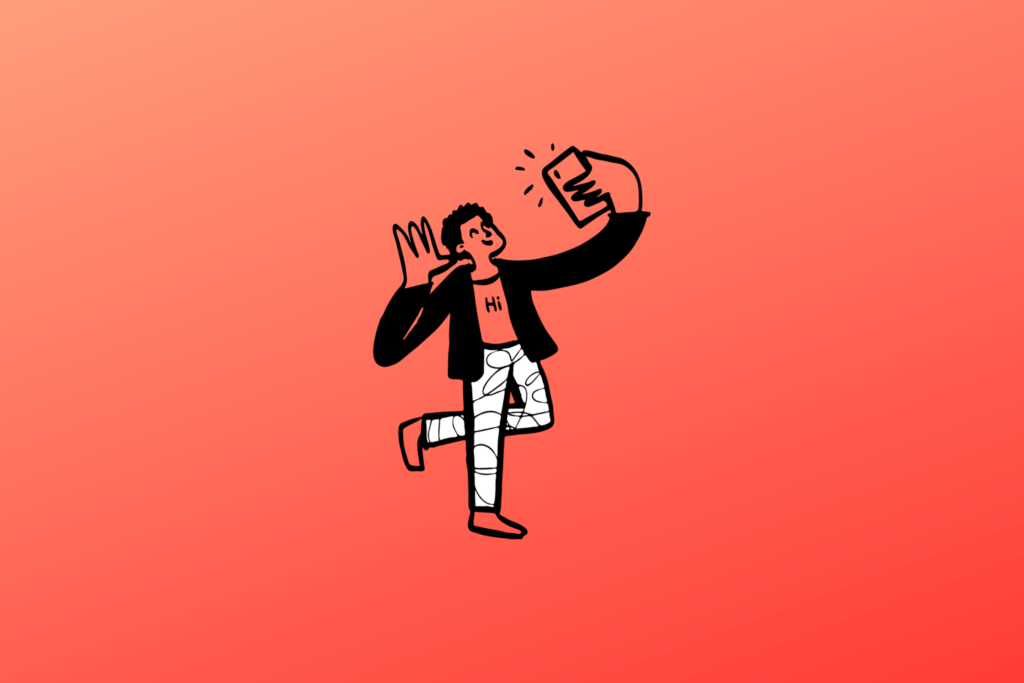Hey everyone,
Have you wondered why your GP is ALWAYS running late?
Do you find it frustrating and irritating sitting in the waiting room well-past your appointment time?
Trust me, doctors hate running late too!
To shed some more light on the issue, here are 5 reasons why your GP might be running late.
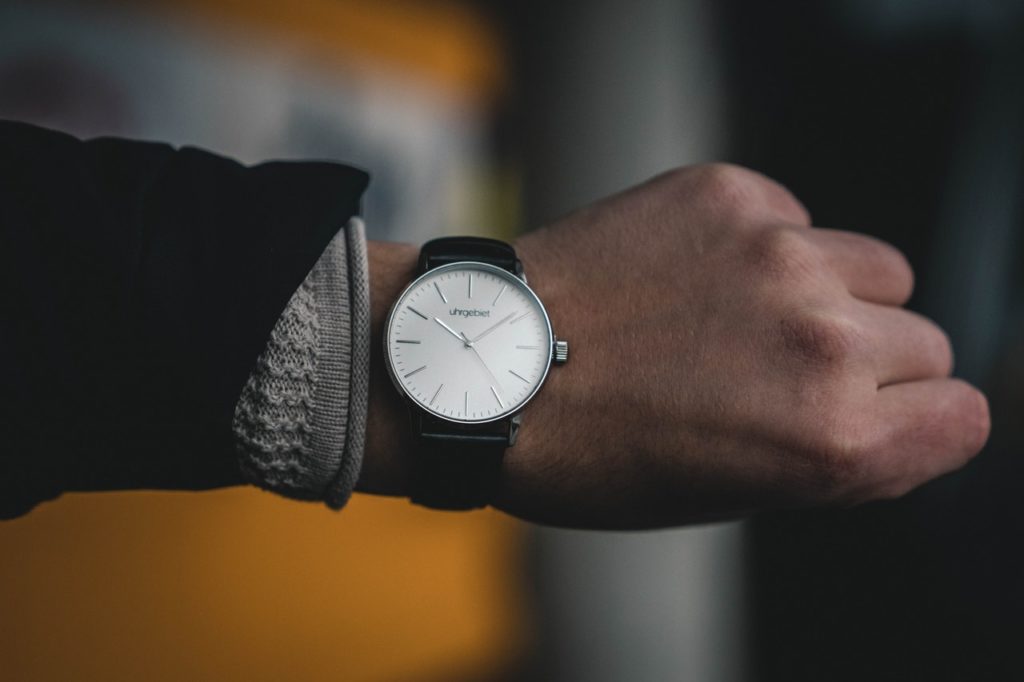
1. Time Pressure
If there is one phrase that sum’s up general practice it is “Time Pressure”. Your GP has 15 minutes to escort the patient from the waiting room to their office, introduce themselves, ask them what’s brought them in (no doubt, there’s more than one reason…) and then proceed to perform a history, examination, order investigations and advise on initial management of the aforementioned list of problems.
15 minutes people.
This can go smoothly if the therapeutic relationship between the GP and the patient stretches back decades. However, spare a thought for the doctor who’s meeting the patient for the first time and trying to grasp their extensive medical history and complex social background in the 10 seconds before the consultation begins.
Basically, GP’s have a LOT to do in 15 minutes and sometimes it takes longer than we expected to deliver a high level of care.

2. Medical Emergencies
Medical emergencies are surprisingly common in general practice. When these emergencies walk in, you’ll most likely see your doctor temporarily suspend the detailed discussion you were having about your ingrown toenail, and dash out the door.
This emergency could be a patient who shows up at the reception desk with crushing central chest pain, or a patient with acute suicidal ideation who needs to be de-escalated or a young child struggling for breath in the midst of an asthma attack. Emergencies are unpredictable and no one can book in advance for when they might need urgent medical attention.
Furthermore, managing these emergencies takes time.
Firstly we have to ensure the patient is safe and then prioritise ongoing medical care (ambulance, hospital admission etc.). You’ll see doctors calling ambulance or the hospital and constantly re-assessing the sick patient in front of them.
Understandably, this is frustrating for the patient who has pre-booked this appointment and was already waiting for 30 minutes in the waiting room. However, rest assured that the doctor would do exactly the same if the roles were reversed, and it was you that came in with the chest pain/suicidal ideation/emergency.
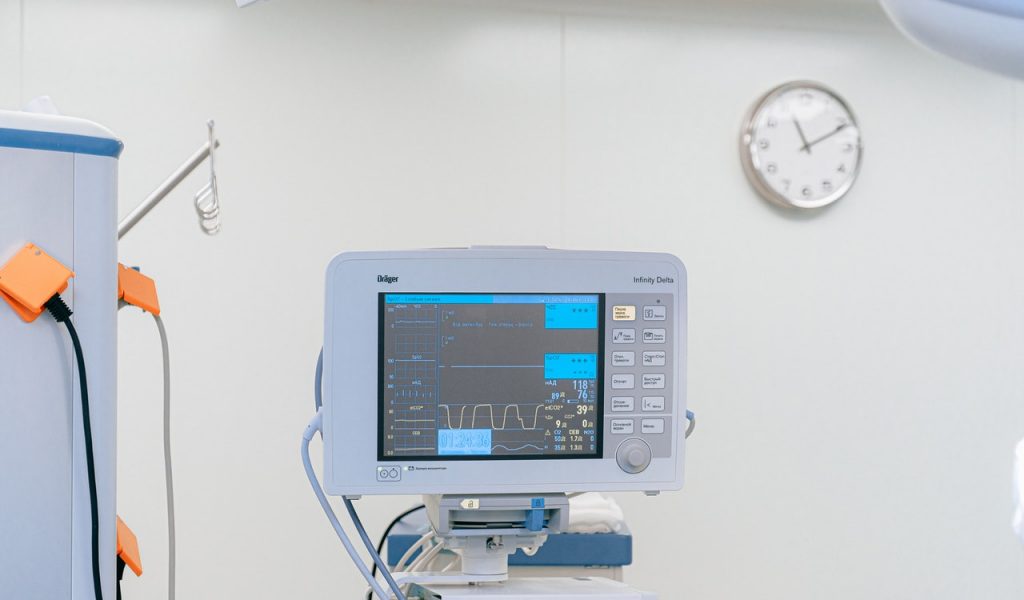
3. Documentation
Documentation is a medico-legal mind-field that all doctors are required to navigate. In addition to performing all the tasks listed in “Time Pressure”, we have to make sure we document everything we did during the consultation. Some doctor’s do this during the consultation to save time, whilst others are left catching up after the patient has left the room. This can take time, especially for doctors that are junior (registrars) or those who might not be as computer savvy.
In addition to this, there are lots of things doctors do outside of the consultation. We have to call specialists, follow up on urgent blood test or scan results or complete lengthy forms/referrals.

4. The Patient Before You Was Late
This is a very common occurrence. Some patients are chronically late. So even if the doctor was running on time, a patient who is even 5 minutes late to their appointment can have a domino effect for the rest of the session. If more than one patient is late, you can see how this could snowball fast. It is for this reason that if you’re the last person booked for the morning (or the afternoon) you are more likely to be waiting.
So before you jump down the doctors/receptionists throat for being late, please consider that it might have been completely out of their control.

5. Ad-Fits
These are patients who have walked in with an issues or need to see a doctor semi-urgently. These patients are often double booked into your appointment slot, so now the doctor has to see two patients in 15 minutes as opposed to one.

Final Thoughts
I hope these 5 reasons have shed some light on why your doctor might be running late when you go to see them. Please know that (most) GP’s do not intentionally run late. In fact, we feel very stressed and hate the feeling as much as you do!
Until next week,
Share this post!

